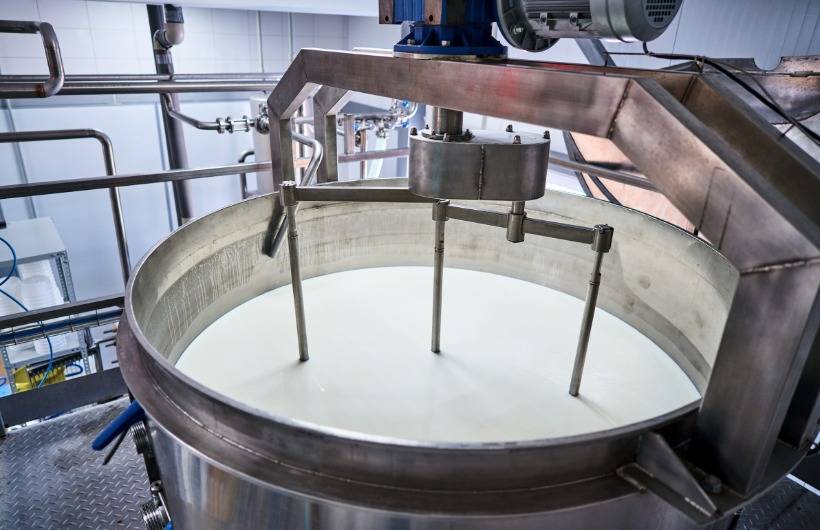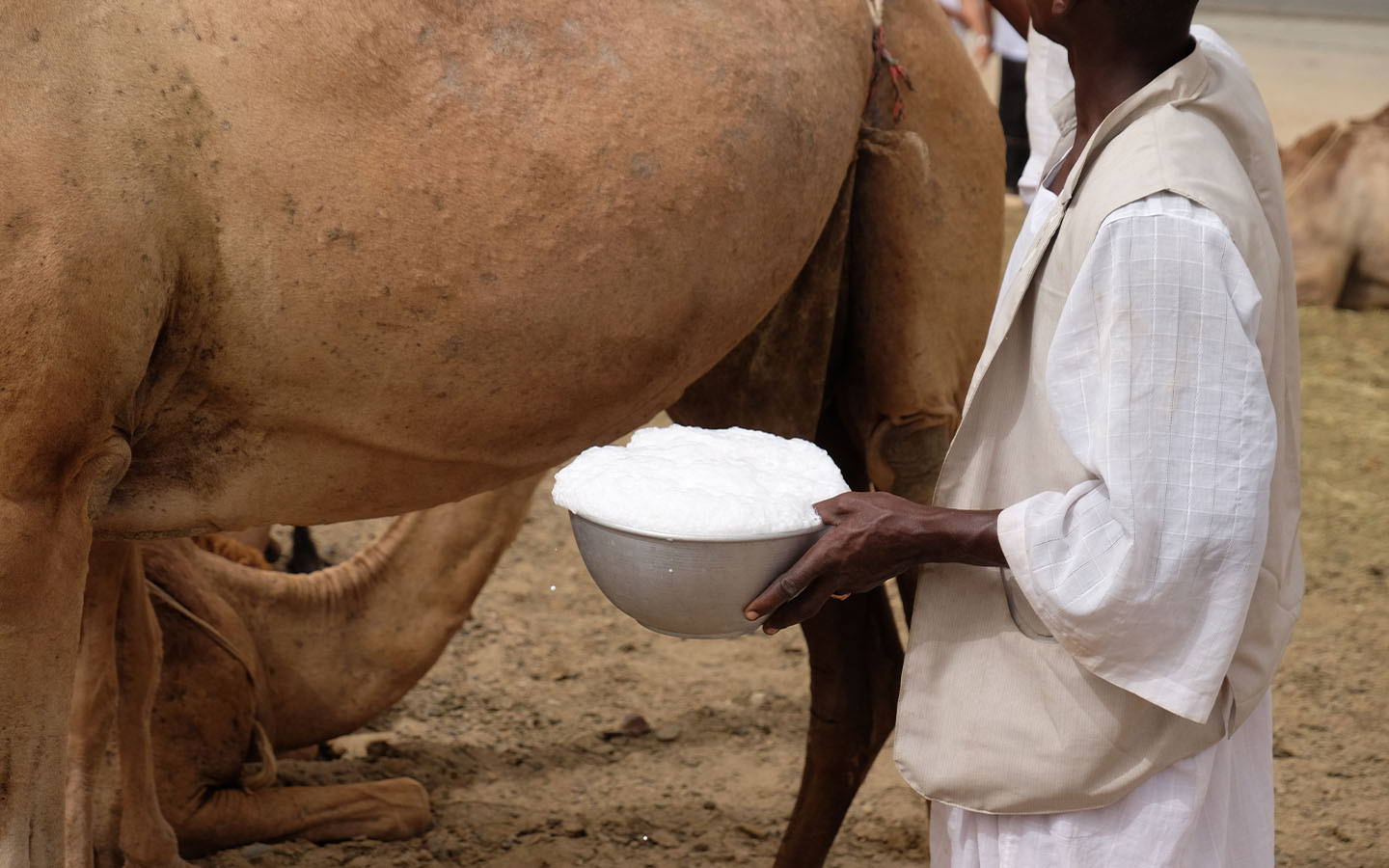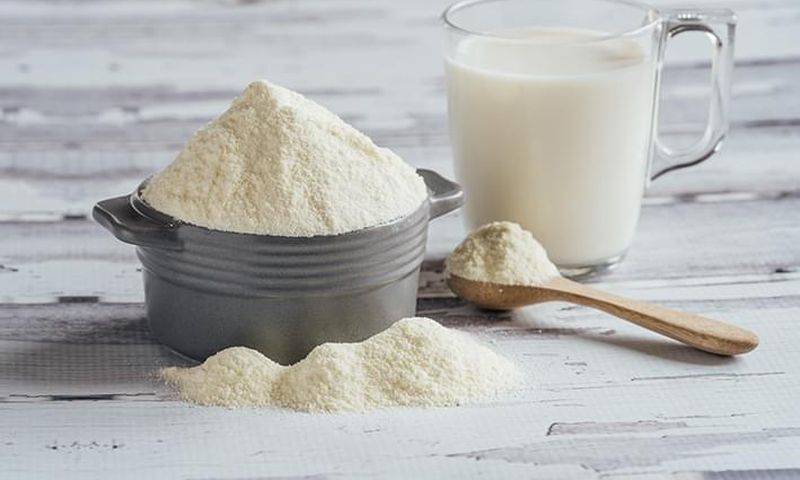Pasteurized camel milk: Trending Traditional Superdrink with a Safety button
As seasons are transitioning from summer to the monsoons, it's vacation o’clock on the watch. Planning to go somewhere? It means trying some new food and drink- isn't it exciting?
But often this can be amazing and a bit confusing at the same time. Whether it's a trendy DIY hack or a traditional food from a different culture, the first thing that crosses the mind is that it's safe for consumption. A fair question, of course!
The curiosity and the hesitation are both real and right!
The digestive system is accustomed to a certain routine, and introducing something unfamiliar can lead to questions like this. The body's ability to handle something new is a delicate matter.

Therefore, safety is very important when it comes to something that will be consumed, no matter what its nutritional value is. It is not enough for a product to be natural or traditional; it also needs to be properly handled, processed, and tested to meet food safety standards. After all, wise men once said, “Health is wealth.”
Food hygiene is important, and quality certification ensures that whenever something new is tried, it is trustworthy at the end of the day. Enjoying new food should be a positive experience and not a gamble.
Traditional Foods and the safety of their consumption
There was a feed on a social media platform on the food of the Rajas in Rajasthan. Camel milk is one of the traditional food ingredients in the desert culture that has now made its way into modern lifestyles through smoothies, lattes, face creams, and even baby formula. This makes it more important to know if drinking camel milk is safe.

| Raw Camel Milk | Pasteurized Camel Milk |
|---|---|
| This is the unprocessed, natural form. | This is the heat-treated (pasteurized) form. |
| This may contain natural bacteria (which may or may not have benefits) | This milk is free from any bacteria as they are eliminated in the pasteurization process. |
| It may be risky if consumed. | Small, Medium, Large |
| It has a shorter shelf life. | It has a longer shelf life. |
Pasteurized Form as a popular choice
- It contains proteins required for building and repairing tissues. Studies have reported that the camel milk proteins are more heat-stable compared to other regular dairy alternatives.
- Omega-3 fatty acids often associated with fish, are also present in camel milk. The role of this nutrient in brain health and anti-inflammation is also documented. So it is a good choice for vegetarians who are looking for non-fish sources of Omega-3.
- Camel milk is a source of zinc. The role of zinc as a helpful ally to the body's defence system has been reported
- Selenium is one of the important minerals found in camel milk. This is a natural antioxidant that may contribute to the reduction of cancer risk, as per research.
- Another vitamin present in camel milk is vitamin C. The role of vitamin C in collagen production, improvement of iron absorption, and as an antioxidant is widely reported across scientific studies.
- No dairy is complete without calcium, and camel milk is a source of calcium. The role of calcium in various physiological functions is well formulated scientifically.
- It has no preservatives
- Pasteurization of this milk keeps it close to its natural
- Fresh liquid form that can be either chilled or frozen
- Powdered form that is perfect for travel and long-term storage
The Takeaway as a safe and nutritious option
Frequently Asked Questions
What is pasteurized camel milk?
How is pasteurized milk different from raw milk?
Does pasteurization destroy nutrients in camel milk?
What are the benefits of camel milk?
Camel milk is a powerhouse of many nutrients like vitamin C, vitamin A, Calcium, Phosphorus, Potassium, Zinc, and Selenium. It is also gentler on the stomach as it has lower lactose content than regular dairy, as per research.
Is pasteurized camel milk safe for children and older adults?
Pasteurization kills all the harmful bacteria present in milk that can cause foodborne illnesses. Pasteurized camel milk may be consumed by children above 1 year of age and older adults, as the process of pasteurization kills all microbes present in it. However, it is always suggested to consult a healthcare provider if there are any dietary concerns or allergies.
Can camel milk be used daily?
Camel milk is easily digestible, rich in nutrients, and it's safe for consumption. As per research findings, it contains lower lactose content than cow or buffalo milk. So, it can be used daily in moderation along with a balanced diet.
Is camel milk lactose-free?
As per research, camel milk has less lactose content than regular dairy, but it is not completely lactose-free.



